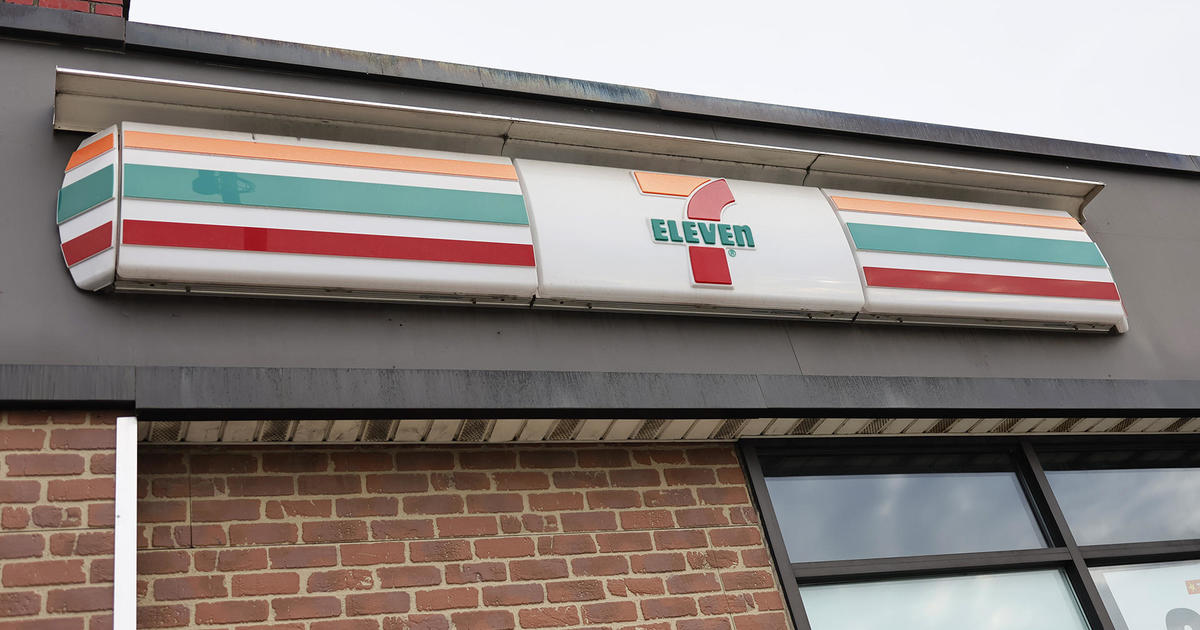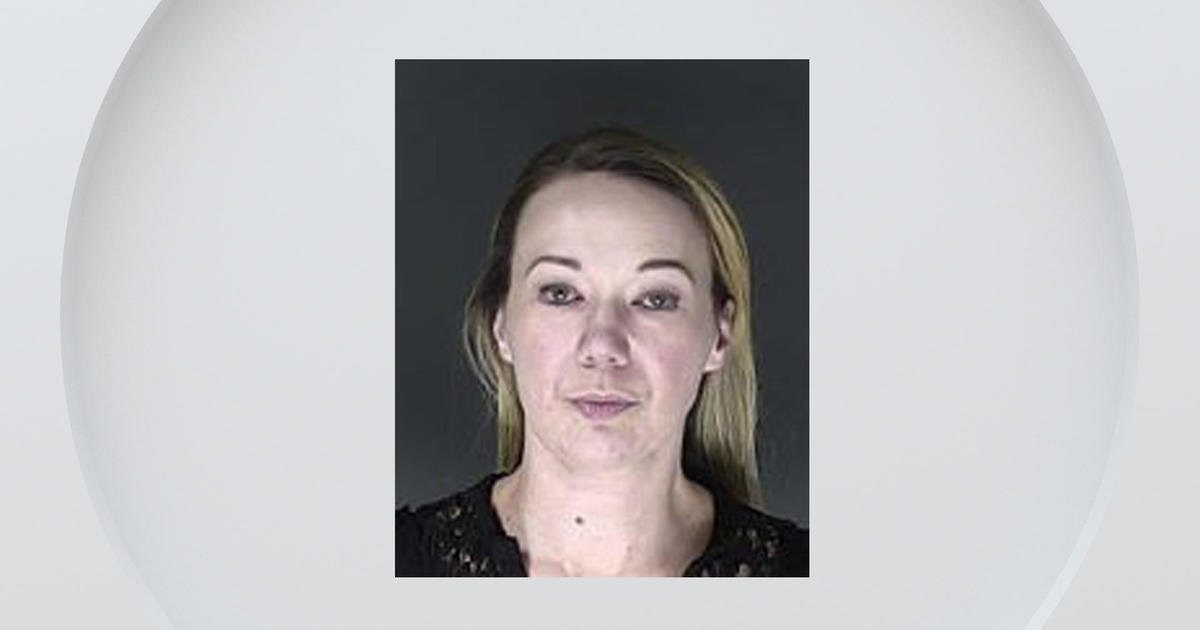Colorado Cantaloupes Return, Growers Push Safety
GLENDALE, Colo. (AP) — Nearly a year after the nation's deadliest foodborne illness outbreak in more than two decades, Colorado cantaloupes are back in supermarkets.
Farmers near the town of Rocky Ford are going on the offensive to restore the fruit's reputation a year after melons from one of the area's farms caused a nationwide listeria outbreak. They have banded together to trademark Rocky Ford melons and fund $800,000 worth of safety upgrades to prevent future outbreaks, but they must convince buyers that the melons are safe.
Last fall's listeria outbreak traced to Jensen Farms in eastern Colorado was blamed for the deaths of 30 people. It infected 146 people in 28 states with one of four strains of the disease, according to the Centers for Disease Control and Prevention.
"When everything happened, after 125 years of growing a safe product, people were so upset," said Nathan Knapp, a Rocky Ford melon grower who drove to a Denver-area supermarket Friday to see the cantaloupes go on sale.
Some farmers who had raised melons for decades decided to stop growing Rocky Fords this year. Only about a third of the land devoted to growing the cantaloupes last year is now growing this year's crop, according to the USDA's Farm Service Agency.
"Quite a few people just dropped out," Knapp said. "They had no interest anymore in dealing with the risk."
But Knapp and a few dozen other farmers in Otero and Crowley counties decided to band together to restore confidence in Rocky Fords, melons with a distinct sweetness thanks to the area's hot, sunny days and cold nights. First the farmers patented the name Rocky Ford — an important step because the source of the outbreak was 90 miles from Rocky Ford but was using the name.
Then the farmers overhauled their production practices to restore public confidence. They hired a full-time food safety manager to monitor melon-picking and started paying the seasonal pickers by the hour, not by the amount of cantaloupes picked. The farmers also built a new central packing shed where all Rocky Ford-labeled melons will be washed with soap and a chlorine oxide, then rinsed with well water tested for contamination.
After being washed, the melons will be cooled to reduce condensation and then packed into boxes labeled with codes traceable to the fields where the melons were grown. The boxes will be packed with slips that interested shoppers can scan using a smartphone to read about where their melons originated.
The Food and Drug Administration said last year that melons at Jensen Farms likely were contaminated in the operation's packing house. The FDA concluded that dirty water on a floor, and old, hard-to-clean equipment probably were to blame.
"We've built a brand new system, top to bottom," said Michael Hirakata, a farmer and head of the new Rocky Ford Growers Association. "It's early, but so far it's working well."
Jensen Farms, located in Holly, Colo., has filed for bankruptcy and isn't growing melons this year.
Lawsuits against Jensen Farms are still pending but may be settled this fall, lawyers said last month. The lawsuits were filed by people who were sickened or who had a family member die after the outbreak.
"I would say we are very close," Jim Markus, an attorney for Jensen Farms, said last month.
The bigger challenge facing Colorado melon growers may be restoring public confidence in the cantaloupes. So far, the growers' investments seem to be paying off.
Hirakata, who has 120 acres of Rocky Ford melons, said prices are up. He said boxes of Rocky Ford are wholesaling for $17 to $20, up from about $14.50 last year. The fall listeria outbreak happened after almost all the crop was in and sold, so this is the first market response farmers have seen to the outbreak.
A spokeswoman for King Soopers, the supermarket chain that started selling Rocky Ford cantaloupes Friday, said there was no plan to reduce orders for the melons this year.
"We support the product and believe this product is safe to consume," King Soopers spokeswoman Kelli McGannon said.
A few shoppers said they recalled last year's problems but didn't fear buying more cantaloupe.
"I remember the outbreak of course, but I figure if it's happening again, they would take the melons off the shelf," said Cindy Lewis, a Glendale woman who picked up a melon Friday. "There could be a risk from any food, or from just walking down the street, you know? I'm not going to worry about it."
Another shopper, Paul Borger, picked up a fruit tray including cantaloupe to serve guests. The tray's melon wasn't from Rocky Ford, but Borger said he didn't check either way before putting the tray in his buggy.
"I'm not worried. Whatever the problem was, they got it fixed," Borger said.
By Kristen Wyatt, AP Writer (© Copyright 2012 The Associated Press. All Rights Reserved. This material may not be published, broadcast, rewritten or redistributed.)



